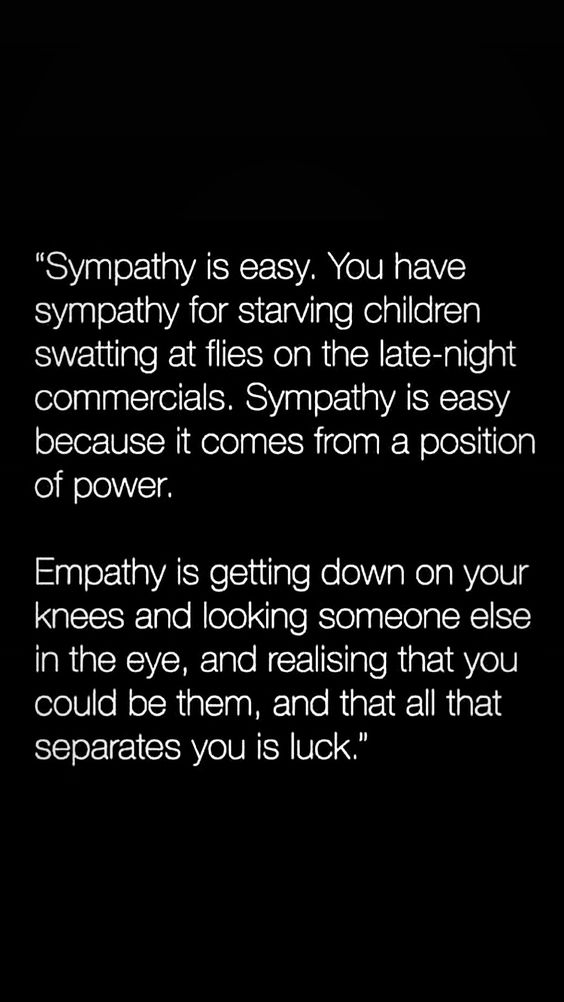“Like sympathy, compassion begins with feeling bad for someone. But instead of simply wanting the person’s suffering to go away, compassion involves someone who is willing to suffer alongside that person so that they may overcome their challenges. Sympathy is sending flowers and a card to a friend when a parent dies. Compassion is driving to their house and holding them as they cry. Sympathy is letting a screaming child have that toy they want so they’ll stop screaming. Compassion is letting them cry because you know they will be better off once they understand that they can’t always get what they want. Sympathy is changing your profile picture on social media for whatever the new cause du jour is. Compassion is actually giving time or money to victims, listening to their stories, helping them rebuild their lives.”
Mark Manson
“It can be so easy to get distracted by, even consumed by, horrible news from all over the world. The proper response of the Stoic to these events is not to not care, but mindless, meaningless sympathy to these events does very little either (and comes at the cost of one’s own serenity, in most cases). If there is something you can actually do to help these suffering people, then, yes, the disturbing news (and your reaction to it) has relevance to your reasoned choice. If emoting is the end of your participation, then you ought to get back to your own individual duty—to yourself, to your family, to your country.”
Ryan Holiday, The Daily Stoic (Page 221)
“When you understand where people are coming from, what they are trying to say, what’s important to them, and so forth, being understood flows naturally; it falls into place with virtually no effort.” ~ Richard Carlson, Don’t Sweat the Small Stuff

